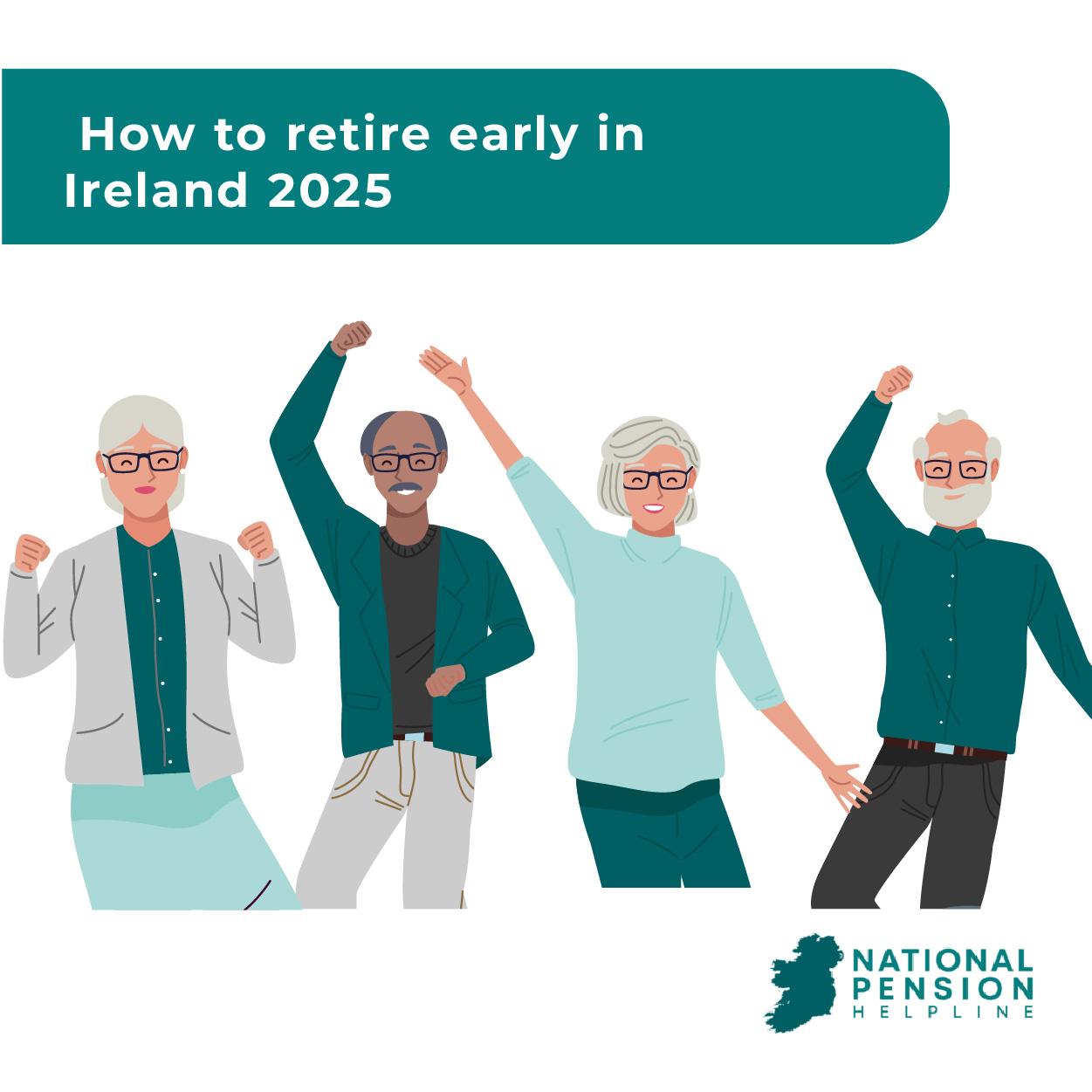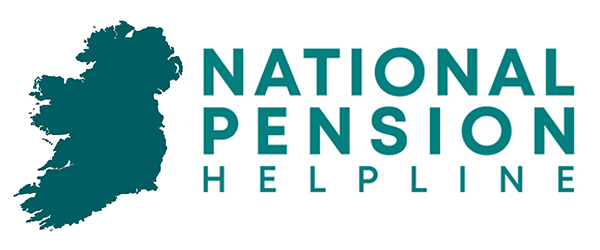After decades of slogging away, you will likely be ready to hang up your boots well before pension age.
The thought of swapping spreadsheets on Monday mornings for sandy beaches and golf in the sunshine is an aspiration for many, but the reality is that the majority of people in Ireland don’t retire until they’re in their mid-60s.
For this reason, early retirement may sound like a pipe dream. However, calling it quits in your 50s or when you turn 60 may actually be possible without winning the lottery.
With the right strategy in place, this goal is achieved more often than you’d think. So let’s look at how it’s done.
What age do people usually retire in Ireland?
While some people continue to work into their late 60s, the most common retirement age in Ireland is 66.
An important factor to take into consideration here is that ‘retirement age’ and ‘State pension age’ are not synonymous.
There is no legal retirement age in Ireland under employment law, meaning that most people can technically retire whenever they want, if their circumstances allow. For gardaí and members of the Defence Forces, there is a statutory retirement age – which is set out in law.
The State Pension age, on the other hand, is 66 – the age at which you will begin to receive your State Pension payments. The State Pension age will likely be increased in the future.
Many people can (and do) retire earlier than age 66, so let’s look at how this may be possible, and explore the growing FIRE (Financial Independence Retire Early) movement, which has gained traction in recent years.
How to Retire at 50
Retiring at 50 may be possible for those who have the right strategy in place. It is typically possible to cash in up to 25% of your occupational pension as a tax-free lump sum from your pension from age 50, up to a maximum of €200,000.
This essentially means that if you have a pension valued at €600,000, you can access €150,000 tax free. Another caveat is that if you are still working for the employer that set up your occupational pension scheme, you need to wait until you turn 60 to begin drawing down funds.
Those wishing to retire from age 50 with the aid of a 25% lump sum drawdown should bear in mind that they may need to wait about a decade and a half before they begin to access the rest of their pension.
Ireland’s life expectancy is in the 80s, so if you can typically expect to live for another 30 years – you’ll need to ensure you have adequate funds available to maintain your standard of living, at least until you can begin to additional pension.
So how much will you need? This is an entirely personal situation, and it will vary for each individual.
It will depend on factors such as your monthly expenditure, if you have mortgage repayments to make, or whether you wish to make lifestyle choices that allow your savings to match your outgoings.
How to Retire at 55
Many employment contracts allow for early retirement from age 60, or in some cases from age 55. Even if it is not a part of your contract, retiring at 55 can be achieved through smart saving and investing, and it is usually a much more achievable goal for many than retiring at 50.
If you wish to retire at 55, you should plan carefully to ensure that your expenses can be covered for a decade.
It is generally possible to maintain your standard of living even with a reduction in your annual income, so this might not necessarily need to be based on your current salary.
Many people who retire realise that many of their expenses are associated with their career, such as having two cars – many retired couples can make do with just one.
Retirees are also generally more free to live wherever they wish, not bound by proximity to the office, which means that they can choose to downsize, adding funds to their savings pot.
It must be noted that while you can take out a lump-sum from age 50, if you don’t plan to retire until your mid-50s then it is generally a better idea to leave this in place until you are ready to retire, unless there is a proper financial reason to cash it in earlier.
Retiring in your 50s Checklist:
How to Retire at 60
Many who are approaching pension age, who had previously not thought it possible to retire early, begin to start weighing up their options.
Of course, the earlier that you make the decision to retire early and put plans in place to make this possible, the better. But if you’re heading towards 60, and think your race is run, there are some options that could still allow for early retirement.
One thing that many people in this age group consider is selling their home to free up funds, and purchasing a property abroad in the right market (or even renting for a number of years until they reach pension age), if this is financially viable and tax efficient.
With strategic planning and a bit of flexibility, this could be achieved. Again, taking out a tax-free lump sum of 25% of your pension (up to €200,000) could also cover expenses between now and pension age.
But this, again, should be done with caution – seek financial advice, plan for the unforeseen, and make decisions not in haste but after thorough research.
Using the ‘FIRE’ Method to Retire Early in Ireland
Over the past number of years, a movement known as Financial Independence Retire Early (more commonly, ‘FIRE’) has gained traction in the media, with an increasing number of devotees among millennials and Generation Z.
It advocates aggressive saving – up to 70% of earnings – through extremely frugal living and deliberate spending. This can be accompanied by investing in diversified, low-cost funds.
FIRE revolves around achieving an individual’s ‘FI’ number – which is annual expenditure multiplied by 25.
Pros and Cons of FIRE
Using pension funds now means having less in retirement later — this isn’t a decision to take lightly. Market conditions, life expectancy, and inflation must be considered before drawing down early.
That’s why speaking with a pension adviser is critical. You will want to ensure that you balance short-term needs with long-term security.
Pros
Cons
How to Retire Early Abroad
Retiring abroad is a dream for many even though it may sound complicated. So how easy is it in practice and what are the tax implications?
Transferring your private pension to another EU member state is possible, but outside of the EU is where things get more challenging. You can also continue to receive your Irish State Pension upon reaching pension age, however note that this will be taxed in your country of residence.
Virtually all EU member states have double taxation agreements (DTAs) with each other, meaning that income (including pension income) is taxed only once.
Ireland has 70 DTAs worldwide, including every EU member state. If you are a tax resident in another EU state your occupational pension is taxed in only that country.
Note also that in the case of Approved Retirement Funds (ARFs) and Personal Retirement Savings Accounts (PRSAs), you will be charged tax at source – regardless of your residence status.
Taxation is an important consideration to bear in mind when deciding to move abroad in retirement – especially if retiring early. That’s why getting expert advice on your personal retirement can be crucial.
Things to Consider Before Retirement
Deciding to retire early is a worthy if not challenging pursuit, and there are many obstacles in the way. Foreseeing these barriers and planning is necessary to ensure early retirement can become a reality and not just a pipedream, so here are some final things to consider.
FAQs


